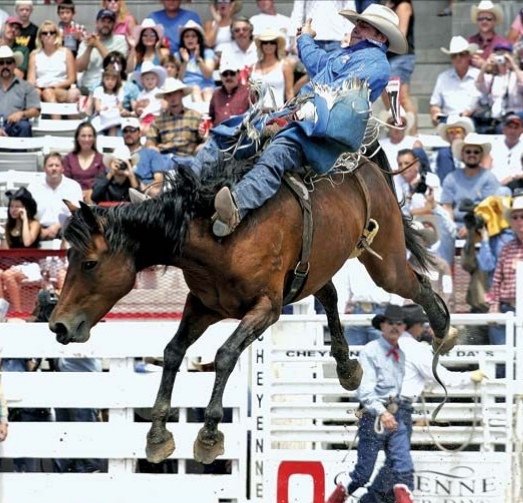
Rodeos are held for several reasons, each rooted in tradition, culture, and community engagement. Originating from the ranching practices of the American West, rodeos showcase skills that were essential for cattle herding and ranch management. These events celebrate the cowboy lifestyle and honor the heritage of ranching communities.
Beyond preserving history, rodeos serve as entertainment, drawing large crowds and fostering a sense of community. They provide a platform for athletes, both human and animal, to display their talents in events such as bull riding, barrel racing, and roping. These competitions not only highlight the bravery and skill of the participants but also create a thrilling experience for spectators.
Rodeos also have significant economic impacts, contributing to local economies through tourism, job creation, and increased revenue for businesses. They often involve vendors, food stands, and merchandise, further enriching the community atmosphere.
Additionally, rodeos promote camaraderie and sportsmanship among participants and fans. They encourage values such as hard work, perseverance, and respect for animals. Many rodeos also incorporate educational elements, teaching younger generations about agriculture, animal care, and the importance of rural lifestyles.
Overall, rodeos are multifaceted events that blend tradition, entertainment, and community spirit, making them a beloved fixture in many regions.